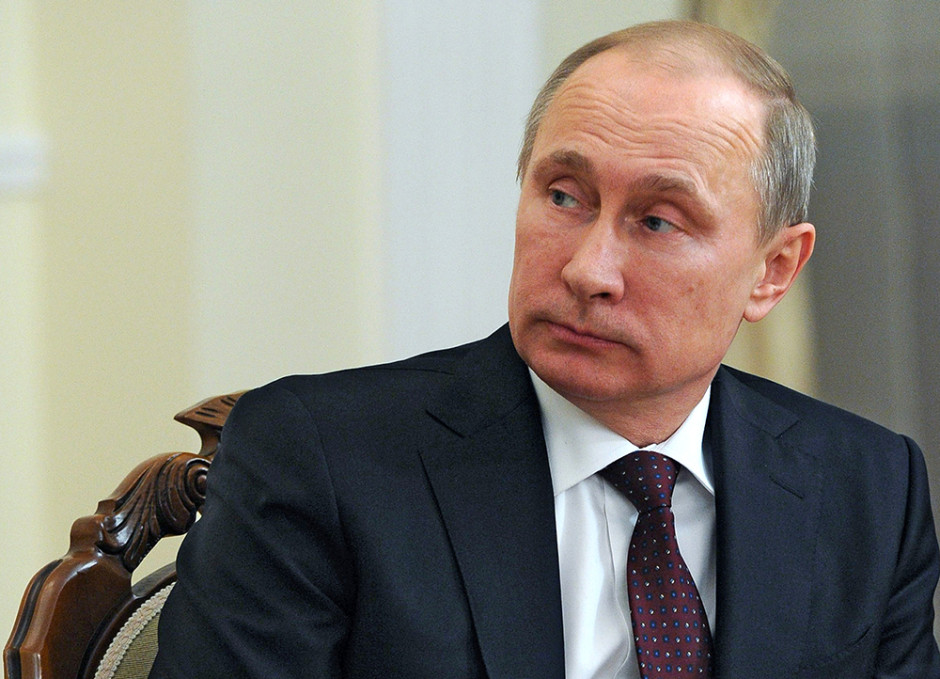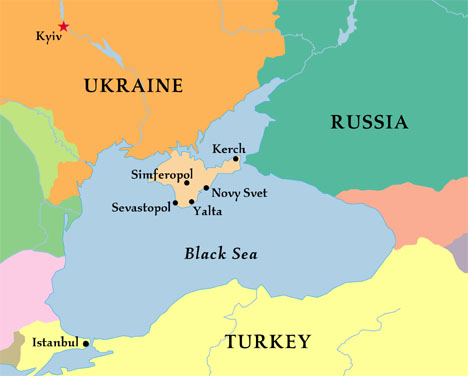Are Russia’s actions in the Crimea and elsewhere in Ukraine illegitimate, or did Moscow have cause to intercede? Demography and history suggest that Russian President Vladimir Putin has more of a case than North American media and politicians would like to believe.
In his March 4 press conference Putin provided his own interpretation of what has transpired, and this fits in with the age-old Russian fear of destabilization, or even military action, coming from the west.
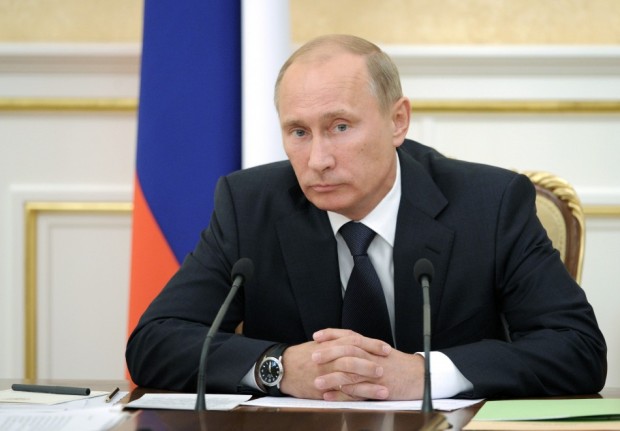
He defended Russia’s actions in Ukraine as a response to an “orgy” of violence by nationalists, fascists, reactionaries and antisemites who are now in control of an illegitimate government. He was referring to members of groups such as Pravy Sektor (Right Sector) and the All-Ukrainian Union Svoboda, the ultra-nationalist, far-right antisemitic party, which traces its roots to the Nazi-friendly partisan army during World War II.
Many of these people believe that the German invasion of Ukraine in the 1940s was not an occupation but a liberation from “Jewish Bolshevism.” Some of them now have positions in the new interim government in Kiev.
Putin described the former Ukrainian president, Viktor Yanukovych, as the legitimate leader of Ukraine, and added that he would not recognize a new round of elections “if they were held under the same terror which we are now seeing in Kiev.”
Ukrainian Jews are themselves divided, and that includes the 10,000 living in the Crimea. Simferopol Rabbi Misha Kapustin has acknowledged that some Jews support Russian involvement in the crisis. “In this area there is considerable support for the Russian invasion,” Kapustin told the JTA.
U.S. President Barack Obama has accused Russia of a breach of international law and condemned the country’s military intervention, calling it a “clear violation” of Ukrainian sovereignty, and demanding that it desist from any action that might imperil that country’s territorial integrity.
In response, Putin pointed to the double standards that justify American or NATO military operations in the name of protecting human rights or democracy but disregard Russian concerns. “We are often accused of illegitimacy in our actions, and when I ask the question, ‘Do you think everything you do is legitimate?’ they say yes.”
He was referring to the wars in Afghanistan, Iraq, Libya and elsewhere, where the U.S. “acted either without any sanction from the U.N. Security Council or distorted the content of these resolutions.”
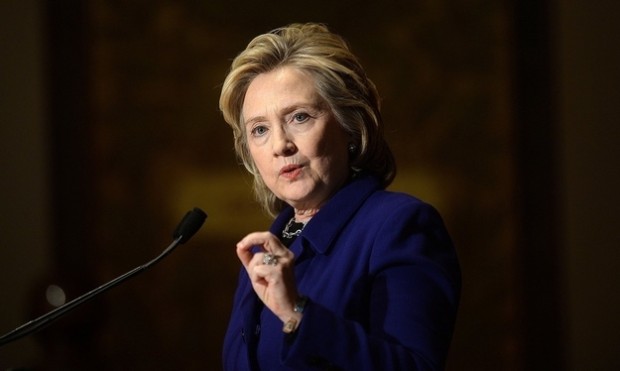
Compounding this American rhetorical offensive, the former U.S. secretary of state, Hillary Clinton, compared the Russian leader to Adolf Hitler. At a fundraising event in California, she told her audience that Putin’s concerns for ethnic Russians in Ukraine is reminiscent of Hitler’s desire to protect ethnic Germans “in places like Czechoslovakia and Romania and other places, Hitler kept saying they’re not being treated right.”
This statement betrays an incredible ignorance of history.
Germans in those countries were not being mistreated by new regimes that had overthrown the established political order. It is also, for a former diplomat, most undiplomatic language. Should she ever again hold a high office, how would she be able to speak to the Russian leader, whose country, by the way, suffered more than any other from Hitler’s aggression in World War II.
Putin’s points cannot simply be written off as self-serving propaganda.
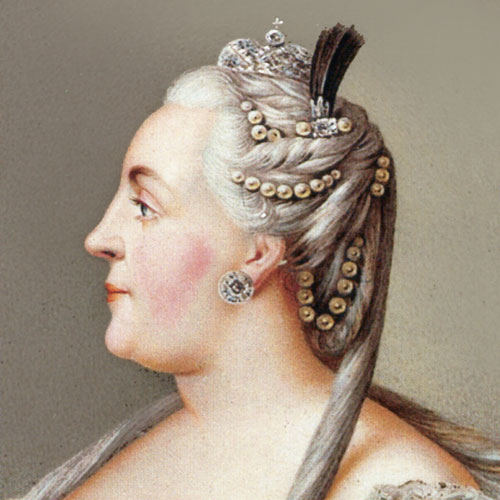
The Crimea was wrested from the Tatars by Catherine the Great of Russia in 1783 and has always had an ethnic Russian majority. It was never part of the Soviet Ukrainian republic until Nikita Khrushchev, the then leader of the Soviet Union, foolishly handed it to Kiev in 1954 as a “gift,” to ingratiate himself with Ukrainians as he solidified his hold on power following the death of Joseph Stalin.
It also was supposedly done to mark the 300th anniversary of the 1654 treaty unifying the eastern Ukraine with Russia.
But Ukraine is now an independent country, and the Crimea’s rule from Kiev has been a major source of Russian resentment — inside and outside Crimea — and a major thorn in Ukraine’s relations with Russia. The Russian Black Sea fleet is based in Sevastopol and Moscow considers it essential to safeguard the port.
Putin also compared the desire for Crimeans to “determine their own future” with that of Kosovar Albanians in the 1990s. Why can’t Russia have the Crimea back, or allow it to become an independent state, if the local population supports this, as they no doubt will make it explicit in a referendum on secession scheduled for March 30? Crimea already has autonomy, with its own parliament and organs of government.
The Ukrainian nationalists who overthrew Yanukovych clearly have little interest in allowing any voice to the ethnic Russians and Russified Ukrainians in the east and south, so they shouldn’t be surprised that secession is now on the table.
However, the most likely outcome will be a vastly more autonomous Crimea, technically still part of Ukraine, but to all intents and purposes a de facto state controlled from Moscow.
It’s rather rich for the United States to be giving Russia lessons on international law. Such legal niceties didn’t stop the U.S.-led NATO bombing of Serbia for 78 straight days, 15 years ago, also in contravention of international law. This finally forced the Serbs out and eventually allowed an independent Kosovo to emerge in 2008 (despite pledges that it wouldn’t happen).
Why should the Russians trust what they consider an illegitimate government in Kiev to protect their ethnic Russian compatriots? The U.S. certainly didn’t trust Serbian President Slobodan Milosevic when it came to protecting Kosovar Albanians. If spheres of influence are to mean anything, the Russians certainly have more cause to intervene in Crimea than NATO did in Kosovo.
The Kosovo case, which the West sought to make sui generis, a non-precedent, has indeed become one. And Washington has had no compunction in toppling governments it didn’t like around the world, from Panama to Iraq.
Since 1989, the Russians have lost, first, their eastern European empire, then their non-Russian Soviet republics. They were humiliated during the 1990s, as the Baltic states and other east European countries joined NATO. Russia’s borders are already further east than they were at any time in the past three centuries. How far does the United States think they can be pushed?
New York Times journalist Tom Friedman, in his column of March 4, “Why Putin Doesn’t Respect Us,” agrees. “I opposed expanding NATO toward Russia after the Cold War, when Russia was at its most democratic and least threatening. It remains one of the dumbest things we’ve ever done and, of course, laid the groundwork for Putin’s rise.”
Note how quickly Cold War tropes have reasserted themselves, even though this has nothing to do with ideology. Putin’s actions have been compared to the Soviet invasions of Hungary in 1956 and Czechoslovakia in 1968.
Or are we even returning to an older, 19th century image: Russia as the aggressive “bear” seeking to dominate its neighbours and crush freedom. This was a favourite theme of British politicians and writers, as they competed with the Russians in Asia – the so-called “great game” — and also defended the Ottoman Empire against them.
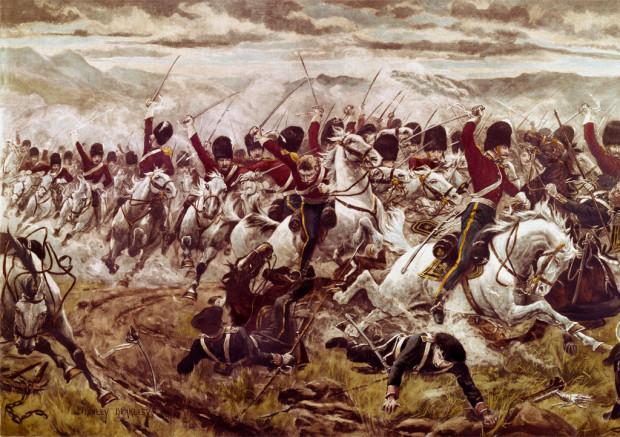
How many people in the West today know about the Crimean War of 1853-1856, when Britain and France attacked Russia? Most of the fighting took place for control of the Black Sea, with land battles on the Crimean peninsula.
You can be sure the Russians remember it. As the British historian Orlando Figes has written, “Memories of the Crimean war continue to stir profound feelings of Russian pride and resentment towards the west.”
Henry Srebrnik is a professor of political science at the University of Prince Edward Island.

